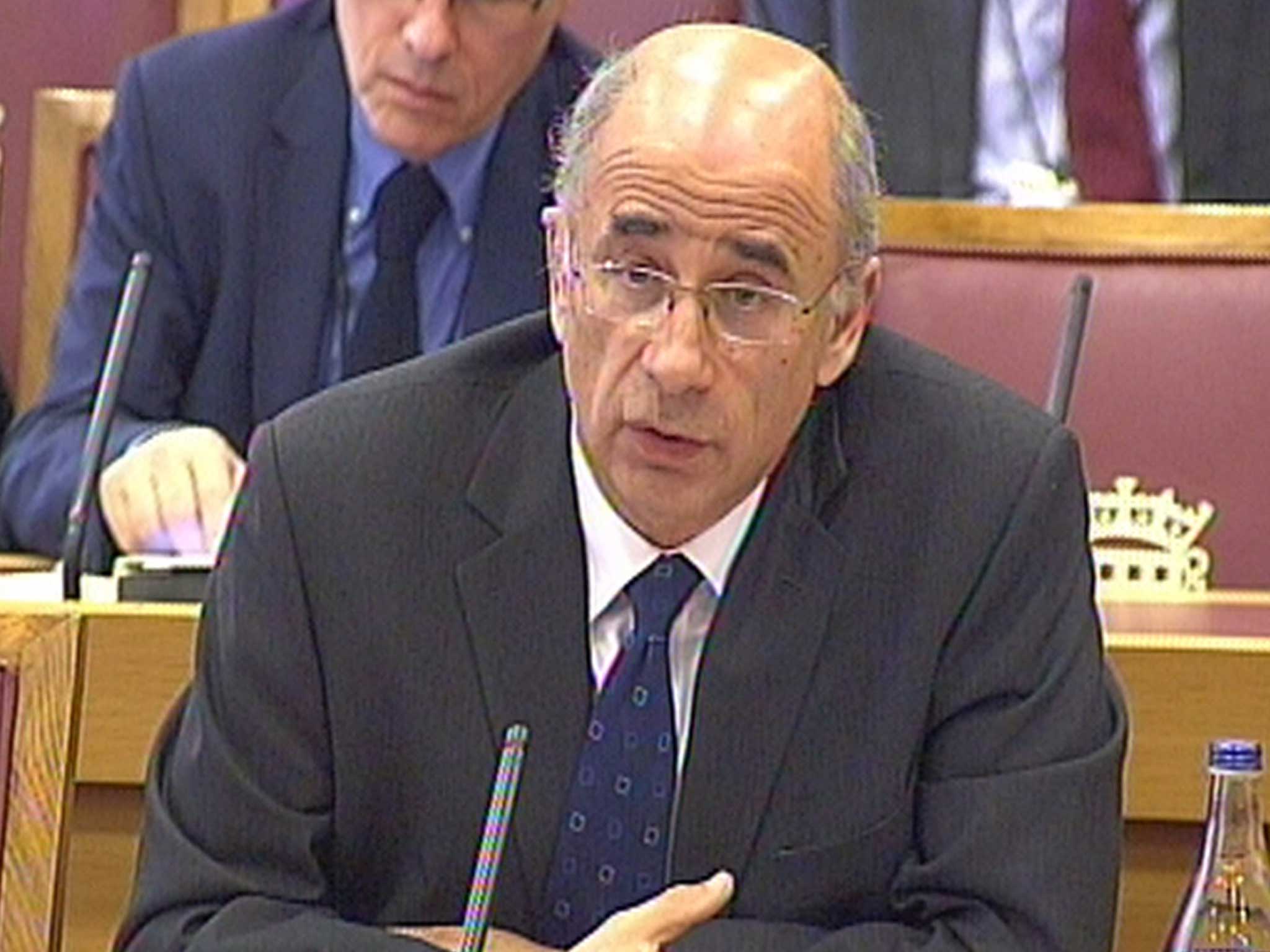Leveson battles to stay out of debate on press regulation

Lord Justice Leveson faces a battle to stay out of the heated political debate into press regulation after frustrating a House of Lords committee by refusing to reveal his thoughts on how his inquiry recommendations have been handled.
MPs have vowed to subject the judge, who headed the landmark review into press ethics and practices, to more intense questioning during his second Parliamentary appearance in two days.
John Whittingdale, the chair of the Commons Culture, Media and Sport Select Committee, admitted he intended to give Lord Justice Leveson “a pretty hard time” and will today demand he give his opinion on the merits and demerits of the Royal Charter proposals.
Despite the hard-line intent, MPs are likely to be disappointed. The appeal court judge, recently made head of the Queen’s Bench Division of the judiciary, insisted that he had “said all I can” on the subject in his “bulky” report, and that he would not become involved in post-report discussions.
He told the Lords Committee on the Inquiries Act headed by Lord Shutt that it would be wrong for a serving judge “to step into the political domain” and “absolutely inappropriate” for him to build on the conclusions of his report published last November. He also appeared to suggest that the second stage of his inquiry, which he called the “who-did-what-to-whom” part, might never happen.
The second part of the inquiry – which was ordered by David Cameron following the escalating scandal of phone hacking at Rupert Murdoch’s News International – was supposed to take place after all the criminal prosecutions allied to alleged wrongdoing at the now-defunct News of the World had concluded.
Fear of prejudicing these legal proceedings meant that phone hacking, as Lord Justice Leveson told the Lords, was effectively an “elephant in the room” at the inquiry.
Although lawyers for victims of press excess have demanded Part II still needed to take place, Lord Justice Leveson himself appeared to cast doubt on whether his inquiry will ever meet again. “I don’t know when anyone will ever consider that [Part II], certainly not at the moment. But that is not for me to say,” he said.
The current debate has become centered on the merits of two opposing Royal Charters establishing a new press regulator. These have been examined by the Privy Council over the past four months, and it had been expected to advise the Queen this week to put a seal on the option backed by Parliament in March this year.
However, the Privy Council’s final decision has been postponed until the end of this month to allow further negotiations to take place – despite an industry-backed system of regulatory reform being rejected, leaving only one option on the table.
Although a form of “statutory underpinning” was regularly referred to throughout the Leveson Inquiry’s public evidence hearings in 2011 and 2012, the final report itself advocated no defined system of regulatory control.
This is likely to allow Lord Justice Leveson simply to tell Mr Whittingdale and his colleagues, politely, as he did the Lords, that he had “done my best” and “it is for others to decide how to take this forward.”
Mr Whittingdale said ahead of today’s proceedings that it would be “helpful” to learn what Lord Justice Leveson thought of the opposing charters and whether or not they were compliant with the report’s conclusions.
The committee are also unlikely to draw Lord Justice Leveson into the role of deal-maker to end the impasse between the press industry and the politicians.
Join our commenting forum
Join thought-provoking conversations, follow other Independent readers and see their replies
Comments
Bookmark popover
Removed from bookmarks